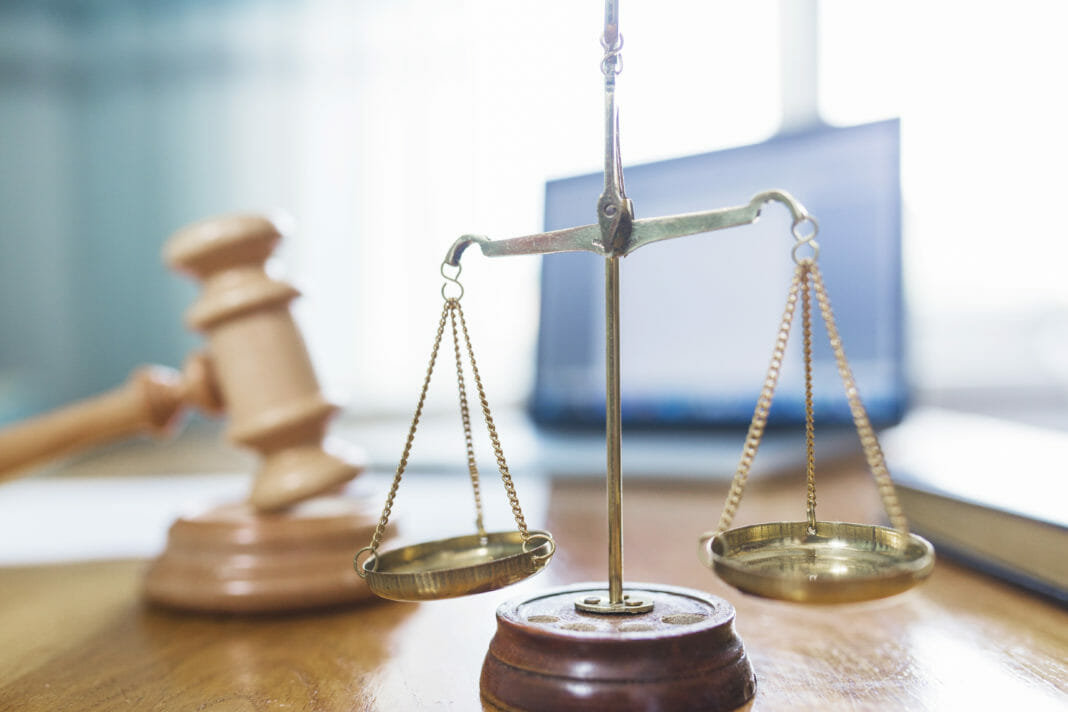Venezuelan miners will work legally under license and the authorities will supervise them. The latter will also inspect ASIC manufacturing, farm construction, and importation of miners.
According to a recent decree from the National Superintendency of Crypto Assets and Related Activities (SUNACRIP), Bitcoin mining in Venezuela is now fully legal. The new law will regulate the use, commercialization, importation, and creation of mining equipment in the country.
After appearing on September 21st in the Official Gazette of the Republic, the decree recently entered into force, under file number 41,969. SUNACRIP superintendent Joselit Ramírez signed the document, which stipulates that those residents interested in mining Bitcoin and other cryptocurrencies must legally apply for a license from the entity.
For this reason, they have decided to create a Comprehensive Registry of Miners (RIM), which will facilitate the processing of these licenses through the Internet. Users must inform the authorities about the type of mining activities that they do, which include marketing, importing, and using mining equipment. Likewise, those who wish to manufacture ASIC equipment or build mining farms in the national territory will obtain special licenses.
The decree does not specify the cost of managing these licenses but emphasizes that the RIM web application will publish the prices of these legal procedures. Besides, the document indicates that people involved in national mining must keep their documentation and records of mining activities for 10 years.
The creation and importation of mining equipment will be under the supervision of the authorities. Likewise, mining farms of Bitcoin and other cryptocurrencies will receive state support, only if SUNACRIP inspects them. The decree reveals that the Venezuelan authorities will be involved in all sectors that constitute national cryptocurrency mining.
Mandatory National Pool for Mining Bitcoin in Venezuela
The creation of a National Digital Mining Pool has the objective of bringing together all the miners that are in the Venezuelan territory. In other words, those who are operating ASIC equipment for mining Bitcoin and other cryptocurrencies must connect to said pool to be able to work legally.
If miners operate outside the pool, they will be subject to “the measures, infractions, and sanctions that the Constituent Decree on the Comprehensive Crypto Asset System” provides, citing Article No. 19 of the document published in the Official Gazette.
The operators that manage these pools (or nodes) are in charge of receiving the unconfirmed transactions, distributing the work to miners, monitoring the activities, recording the confirmed blocks, and claiming the rewards. Besides, they are committed to distributing the profits among the miners who have collaborated in the confirmation of blocks.
In this centralized system, a group of individuals is responsible for distributing the workload and rewards among the connected miners, to increase the predictability of payments. If the Venezuelan authorities control and manage the national pool, then the government will be the one who will distribute the reward bitcoins to Venezuelan miners.
Venezuela is one of the ten countries with the largest Bitcoin mining presence and the first in Latin America, according to the University of Cambridge. For more than a year, the Caribbean nation has had its law and an agency that regulates the national crypto asset market. However, the authorities continue to introduce new decrees to supervise and control mining.
By Alexander Salazar











